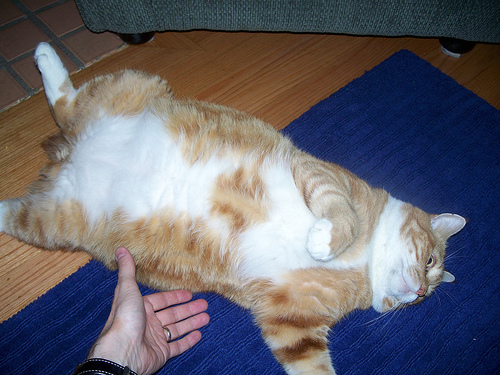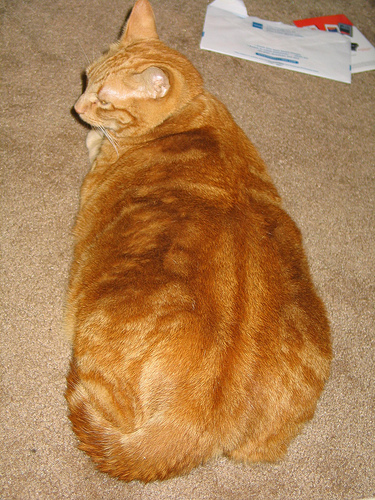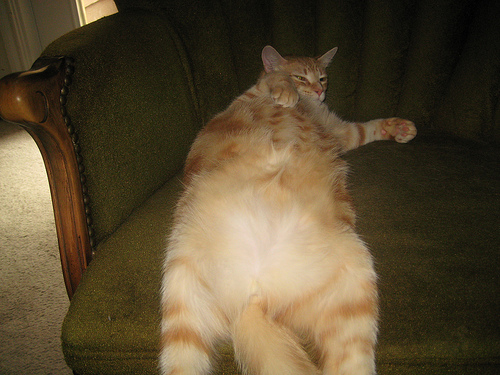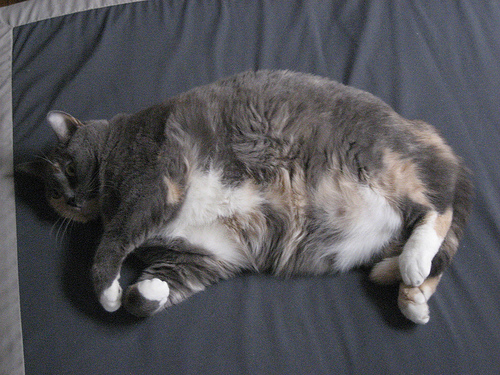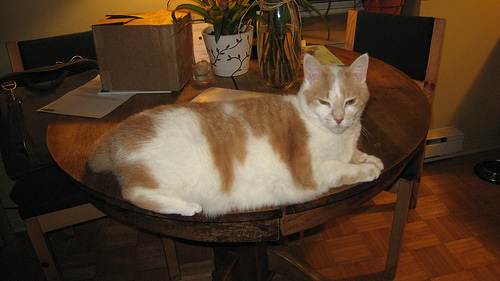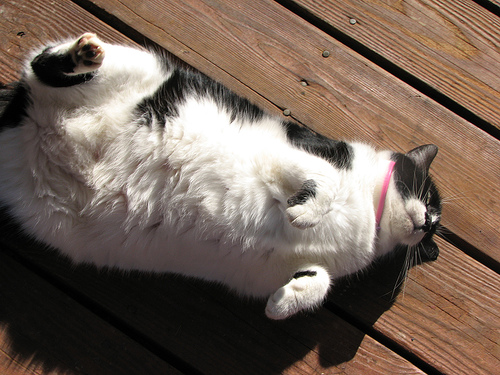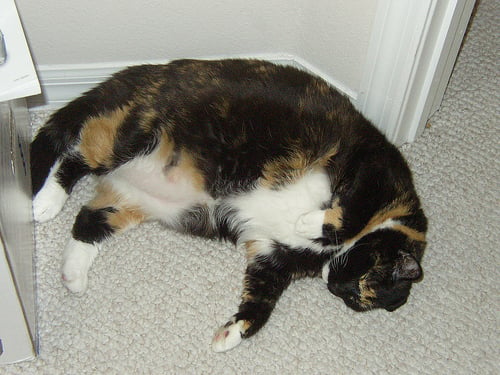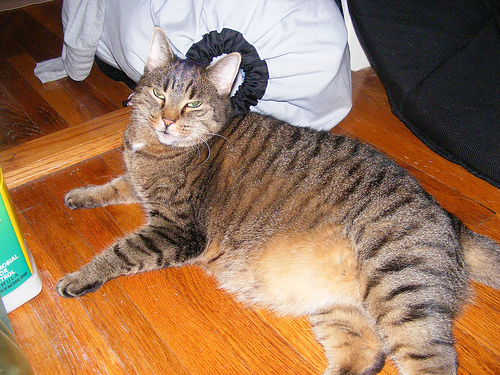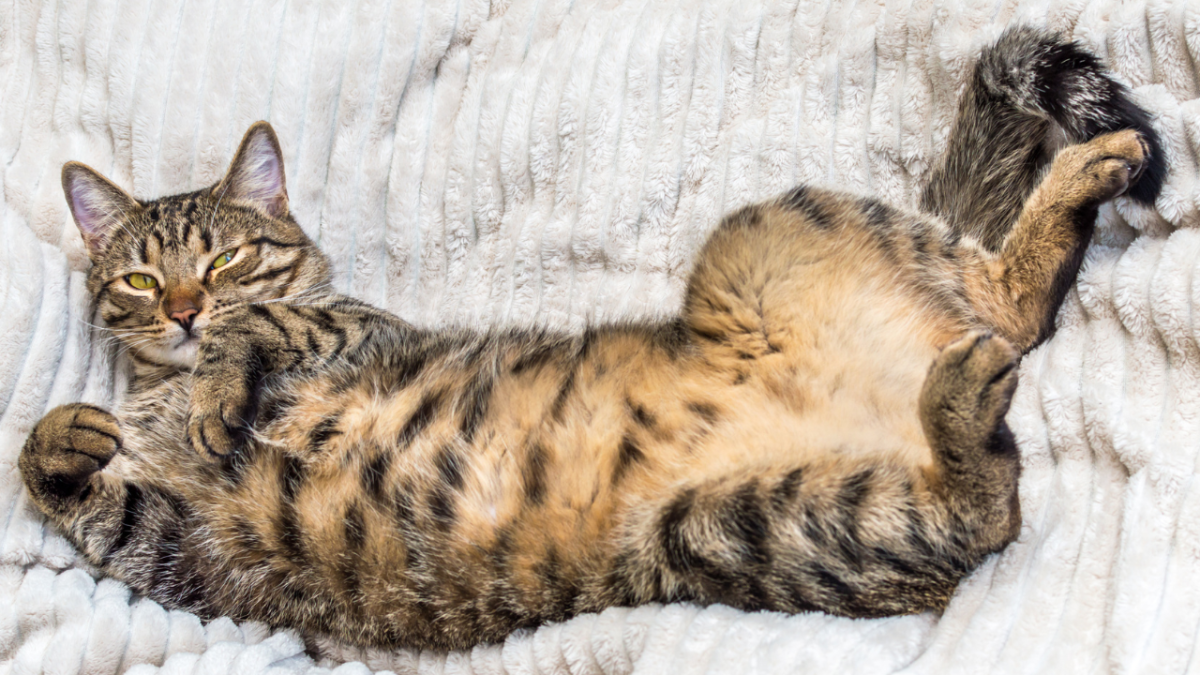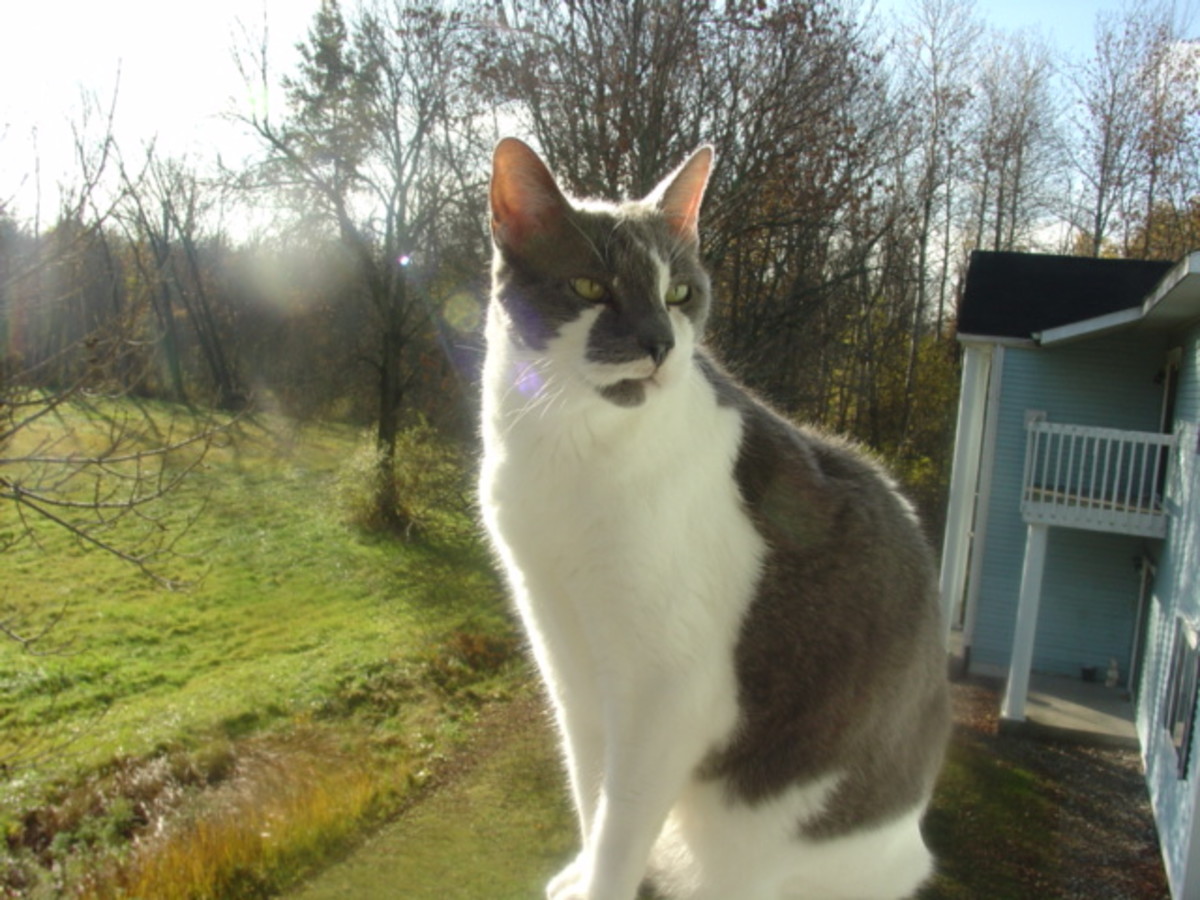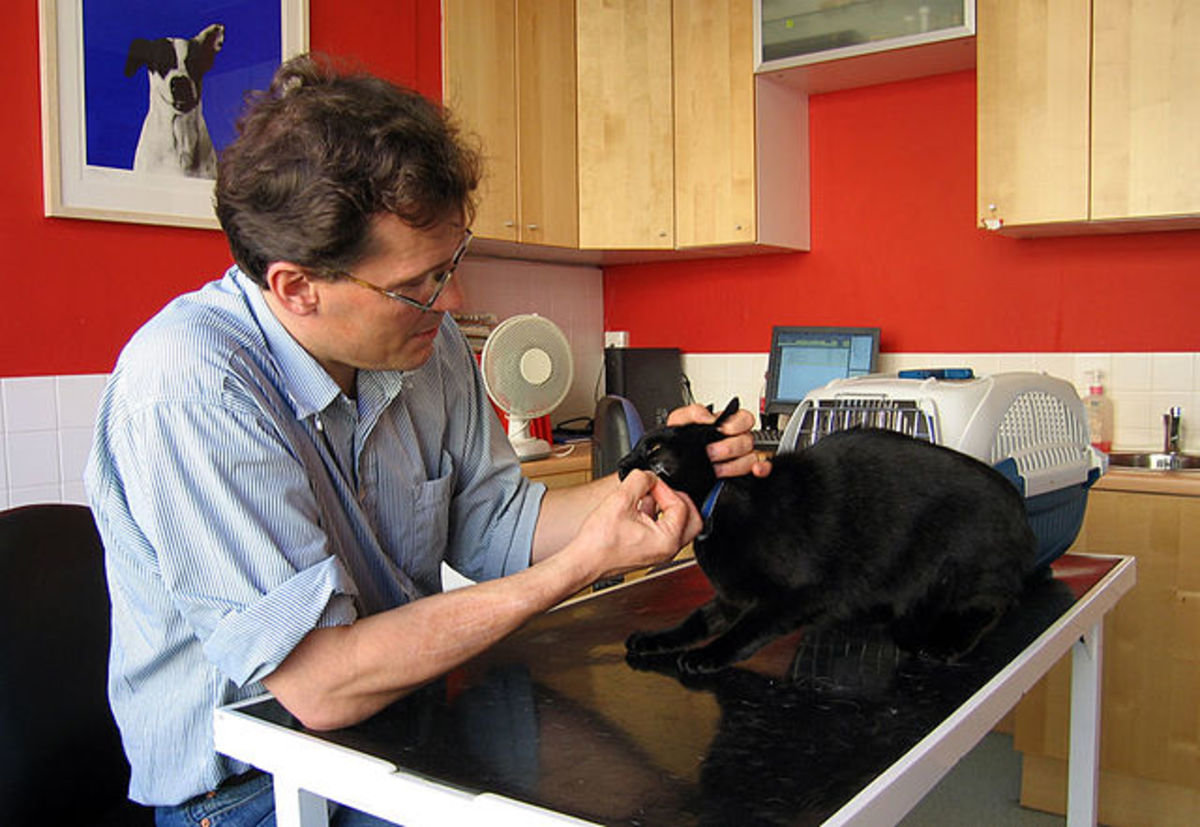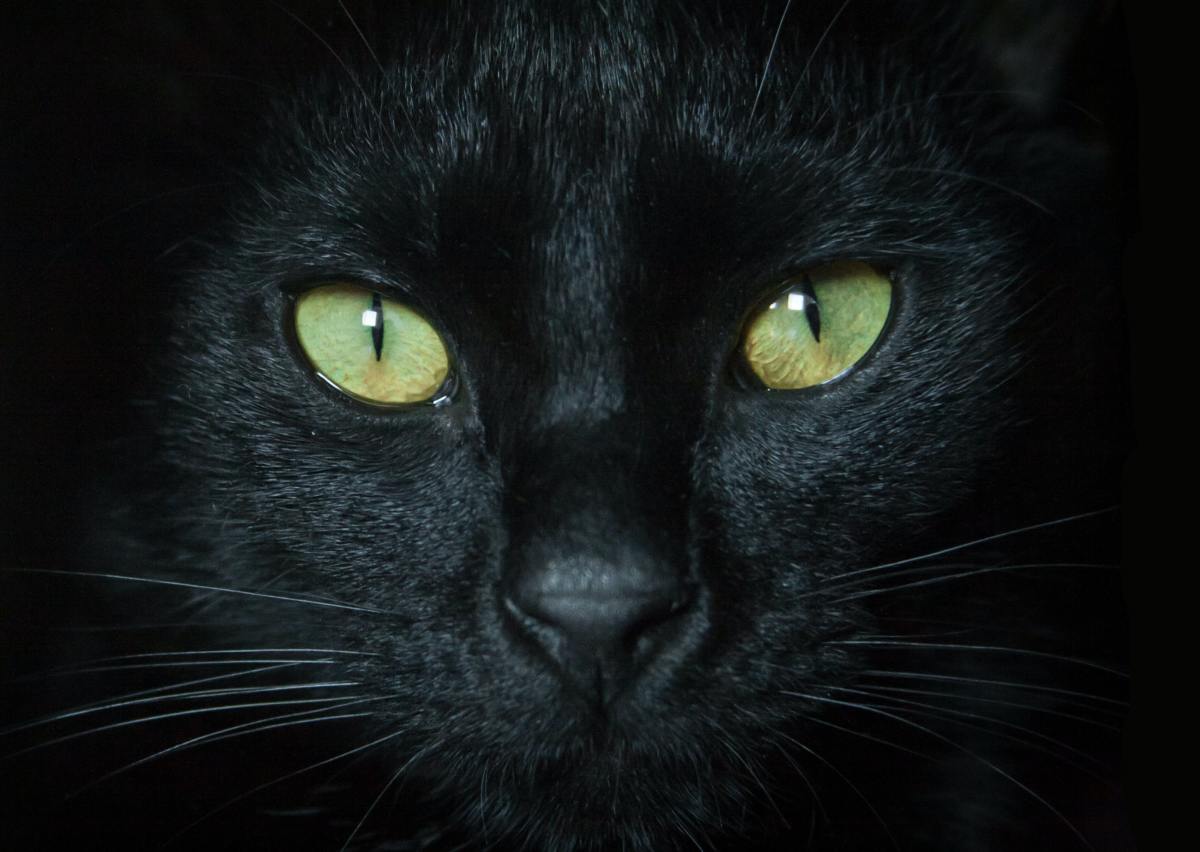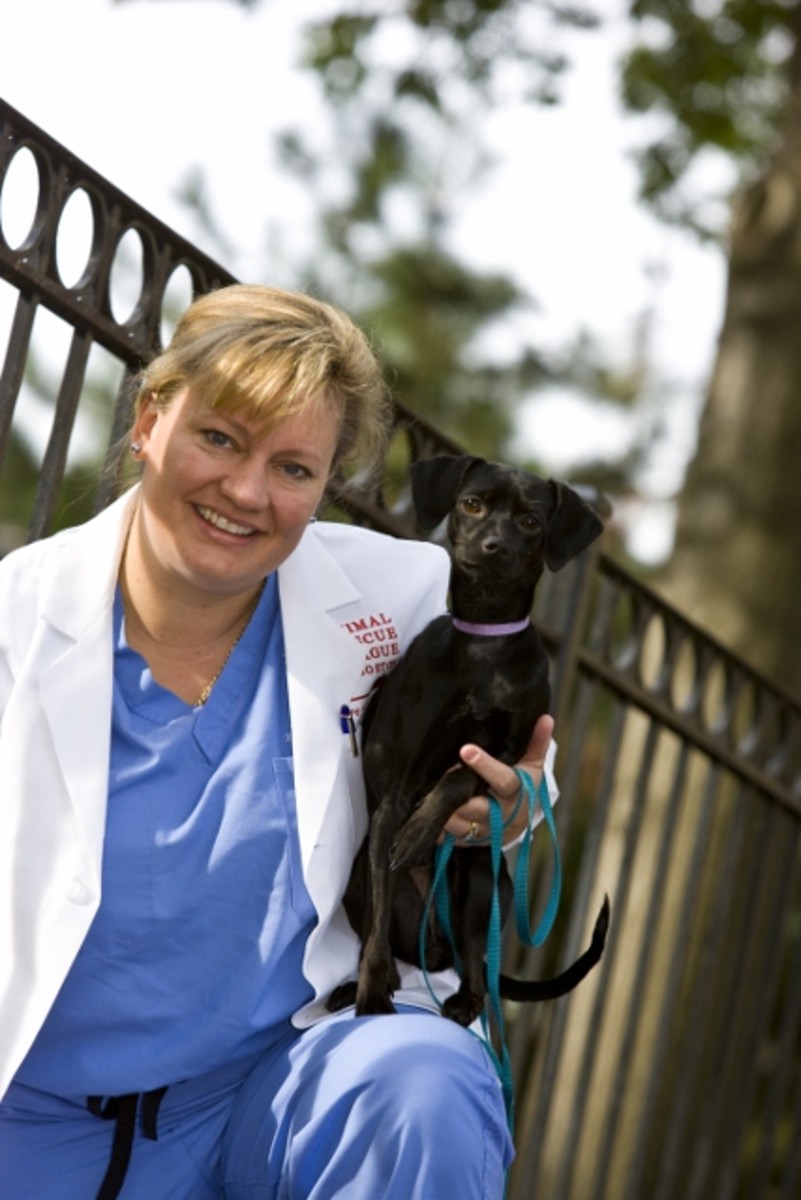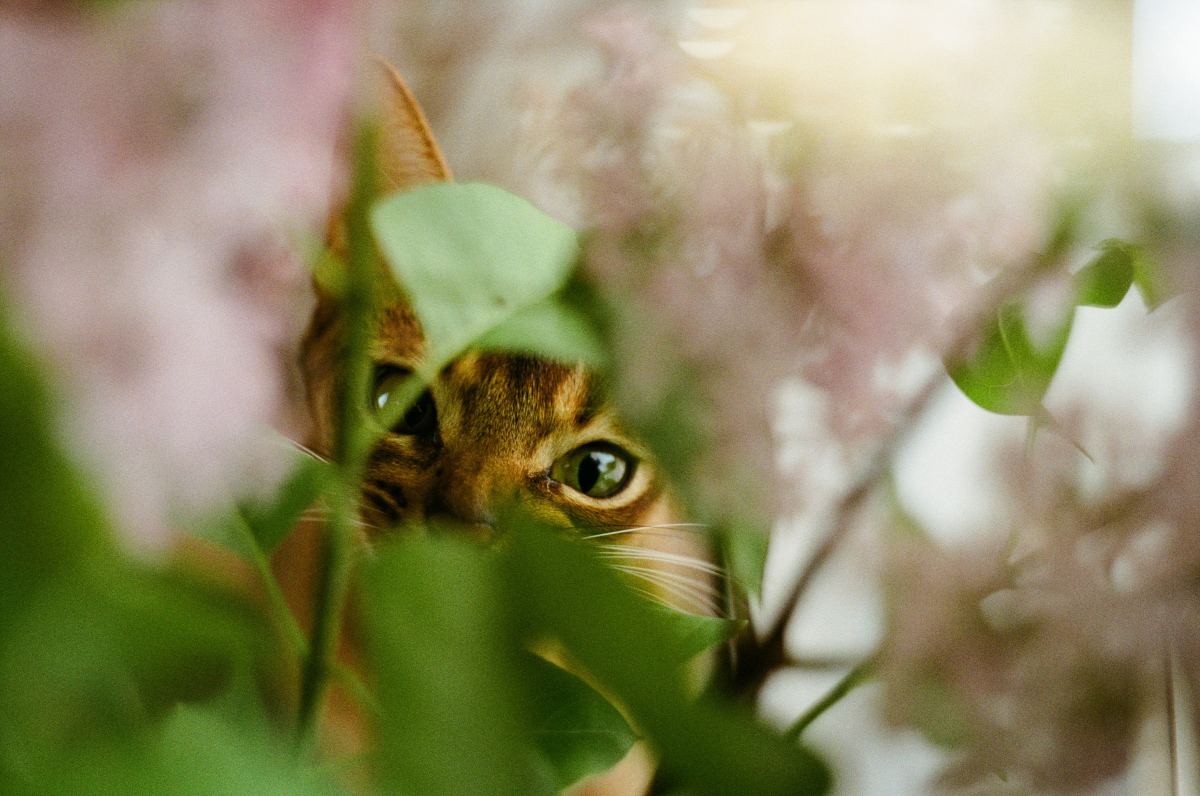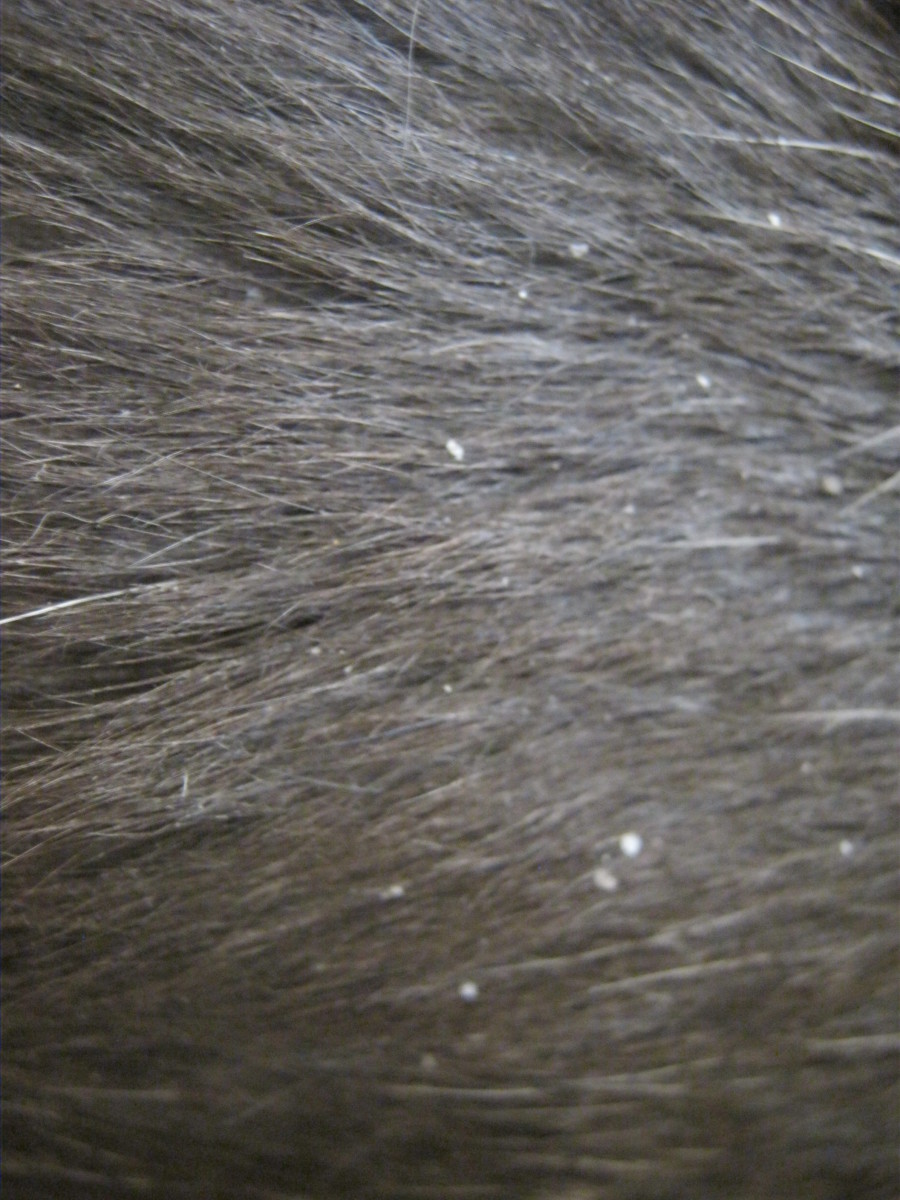Overweight Cat - Feline Obesity and Cat Weight Loss Tips
Feline Obesity
It's not just a problem in humans. Our pet cats can become obese, as well. Statistically, about 25% of every 2,000 cats are considered heavy (20%) or obese (5%). Obesity is not a fun situation, and at the first signs that you cat is becoming overweight, you want to prevent any further weight gain so that your cat doesn't experience any further health conditions.
On average, check out the following statistics for overweight cats.
- They are twice as likely to die within the 6 to 12 year mark, which is middle aged for a cat.
- Three times more likely to develop non-allergic skin conditions.
- Four and a half times more likely to develop diabetes mellitus.
- Obese cats are seven times more likely to require veterinary care for lameness generally caused by joint diseases, such as arthritis or muscle injuries, whereas heavy cats are three times more likely.
Overweight cats are typically pretty noticeable. But, if you're not quite sure whether your cat is overweight or not, you can tell by a few tell-tell signs that include:
- A sagging belly
- Extra padding making it hard to feel the ribs (you don't want to be able to see the ribs by any means, but you do want to be able to feel them slightly)
- Lazy
- Difficulty reaching its back or bum to wash
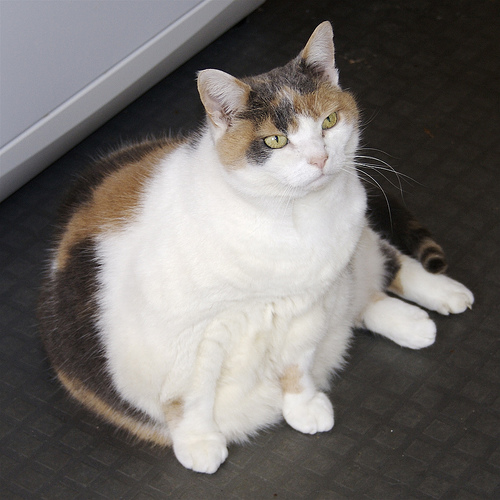
Causes of Obesity
Obesity can be caused by a number of reasons. Typically overfeeding and lack of exercise will be the main cause, but other causes of obesity in cats can include:
- Age
- Breed
- Food brand or type
- Indoor cats or cats with little outdoor access
- Male cats
- Medication
- Non-pedigree cats
- Physical environment
- Single cats
- Social environment (changes can cause stress)
- Spayed/neutered
And,
you know what? Some cats, like people, may not follow any of the above
characteristics but they can just be pre-disposed to obesity problems.
Remember that obesity can be a big problem that leads to other health problems, so at the first signs of your cat gaining too excess weight, you should consult your veterinarian.
Health Conditions Caused by Obesity
Although, obesity is a major health condition on its own, causing cats to have shorter lifespans, the extra weight can cause other health problems, making teo overall situation much more unhealthy.
You'll find the following health concerns very common for overweight cats.
- Cardiovascular disease
- Diabetes mellitus, specifically late onset diabetes
- Hepatic lipidosis (type of liver disease)
- Lameness due to arthritis
- Cystitis (lower urinary tract disease
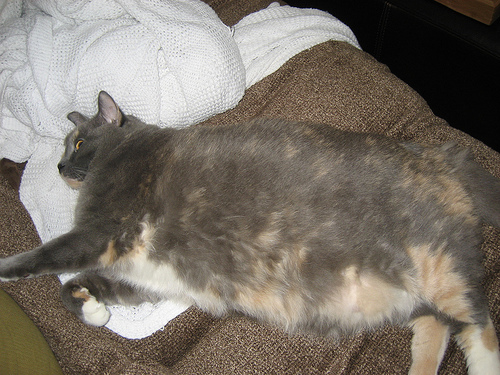
Treating and Preventing Feline Obesity
The best treatment for obesity is prevention. At the first signs that your cat is gaining a little too much weight, is the moment you need to start reducing your cat's treats, changing to a different cat food, reducing the amount of cat food your provide, and increasing the amount of exercise your cat gets.
You should also consult your vet if your cat starts gaining weight all of a sudden just in case that there is an underlying condition.
When trying to get your cat to lose weight, you want to do so gradually. You don't want to make your cat lose excessive weight all of a sudden. (It's bad for your body, and it's bad fr your cat's.)
If your cat undergoes a crash diet, he can develop a potentially fatal disorder called Hepatic Lipidosis, or fatty liver, which you can spot by the following signs:
- Anorexia
- Behavioral or neurological changes such as drooling, blindness, semi-coma or coma, and seizures (occasionally)
- Jaundice
- Lethargy
- Vomiting
- Weight loss
The main course of treatment is going to be diet. You can consider one of a number of commercial weight loss diets for your cat. Many people like the high protein diet because the amino acid, Carnitine, is important for muscle tissues and it helps to uptake and storage of fat reserves and conversion of fat to glucose.
Cat Weght Loss Diet
Before putting your cat on any diet, you want to consult your veterinarian first.
Remember that you do not want to put your cat on a diet that will cause him to lose tons of weight fast. This will cause more health problems in the long run. You want to put your cat on a diet that will be safe and healthy for him.
A few tips that you may want to consider can include the following:
* Increase meats and proteins.
* Reduce carbohydrates.
* Eliminate feeding table scraps.
* Provide a multi-vitamin supplement (Nu-Cat is the best).
* Increase daily exercise and physical stimulation.
While your cat is on a diet, it is best to weigh him at least once every two weeks so that you can monitor the weight and monitor the diet. This way you can make changes as needed to the diet, in order to insure that your cat becomes a healthy, long-lived feline.
You should also check out these tips about feeding cats, types of food, and feeding schedules so that you can insure that your cat is kept on a healthy staple diet: Feeding Pet Cats: Cat Food, Diet, and Scheduling
An important thing to remember that your cat's staple diet is very important, so you want to make sure that you provide a high quality cat food, and that you monitor the treats, scraps, and overall amount of food that you provide for your cat in order to better prevent obesity in your cat.
Pictures of Fat Cats
Click thumbnail to view full-size







Disclaimer: Please be aware that the advice in this article should in no way replace that of a licensed veterinarian. The methods outlined above may or may not work for your pet. If you have any concerns, you should consult a veterinarian.

